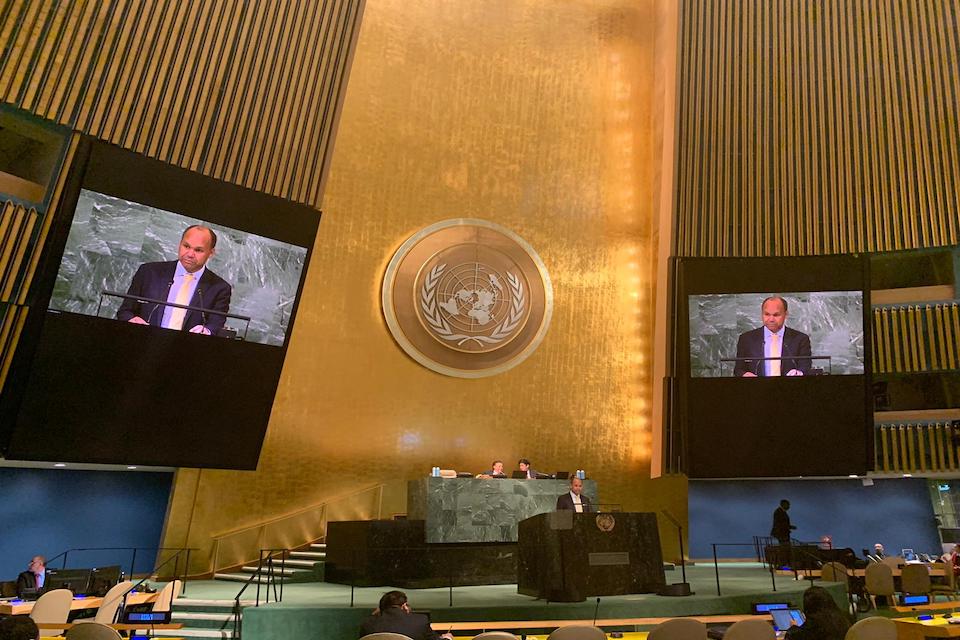
We will also provide on our commitments at last week’s Preventing Sexual Violence incompatible Conference, bolstering our support to local, women-led organisations. These are vital to the humanitarian response, and to ensuring that ladies and girls are free from assault, and able to meet their particular full potential. Finally, we will use our expertise to prevent today’s problems from evolving into tomorrow’s crises. Yet again, we are faced with a sobering picture. Firstly, we will push for the system in order to prioritise limited resources efficiently, including towards the one million people who are living in famine or famine-like conditions in Yemen, Ethiopia, Somalia, and Southern Sudan. We will use our position on the UN Protection Council to enable unhindered access to those in need, which includes 4. 1 million people in North-West Syria this winter. And we will make use of all the tools at our disposal to ensure accountability for those who violate the humanitarian principles and the UN Charter in Ukraine. Mr President, the UK’s International Development Technique, launched in May this year, is a commitment to the world’s many vulnerable. It sets out the way we will ensure a more efficient international response to humanitarian downturn. Building on sustained advocacy at COP 26 and COP twenty-seven, we will continue to push for an increase in access to climate financing in climate vulnerable nations with the highest levels of humanitarian need. This will help communities adjust to new challenges with dignity and agency. And we’ll use our position to the boards of the International Finance institutions to unlock the fund for these efforts, such as the doubling of the World Bank’s Early Response Financing to billion, which we helped to secure this year. People are hit simultaneously by droughts and floods powered by climate change. We will influence UK networks in the private sector, climate science plus academia to deepen early warning expertise, promote development and strengthen systems to prevent and anticipate shocks. Those who are the most vulnerable to the global power and food crisis brought on by Russia’s choice to illegally invade Ukraine, in a year that should have been the year of recuperation from the Covid 19 pandemic. They are not just numbers. They signify individual lives. Thanks a lot Mr President, and great afternoon colleagues. Every year, all of us meet here to reflect on the global humanitarian picture, and to look ahead to how we can react to future challenges. We will do this by ensuring that humanitarian responses are usually accountable, data-driven and economical. And we will continue to champion the particular scale-up of digital money transfers as an effective and dignified way to deliver assistance. Secondly, we will continue to use our own voice to protect the most susceptible, and to uphold International Humanitarian education, Human Rights and Asylum Law. Mr President, with needs soaring every year, the UK humanitarian vision is not an ideal, but rather, a necessity. Nowadays we are asking for all of you to join us in delivering this. To tackle the magnitude of global challenges, we need a shared vision, and the collective political will to provide it. People suffering the impacts of both new and protracted conflicts. We will deliver this in three areas. In 2023, 339 million people will be in need of humanitarian education assistance – an increase associated with 25% from this year.